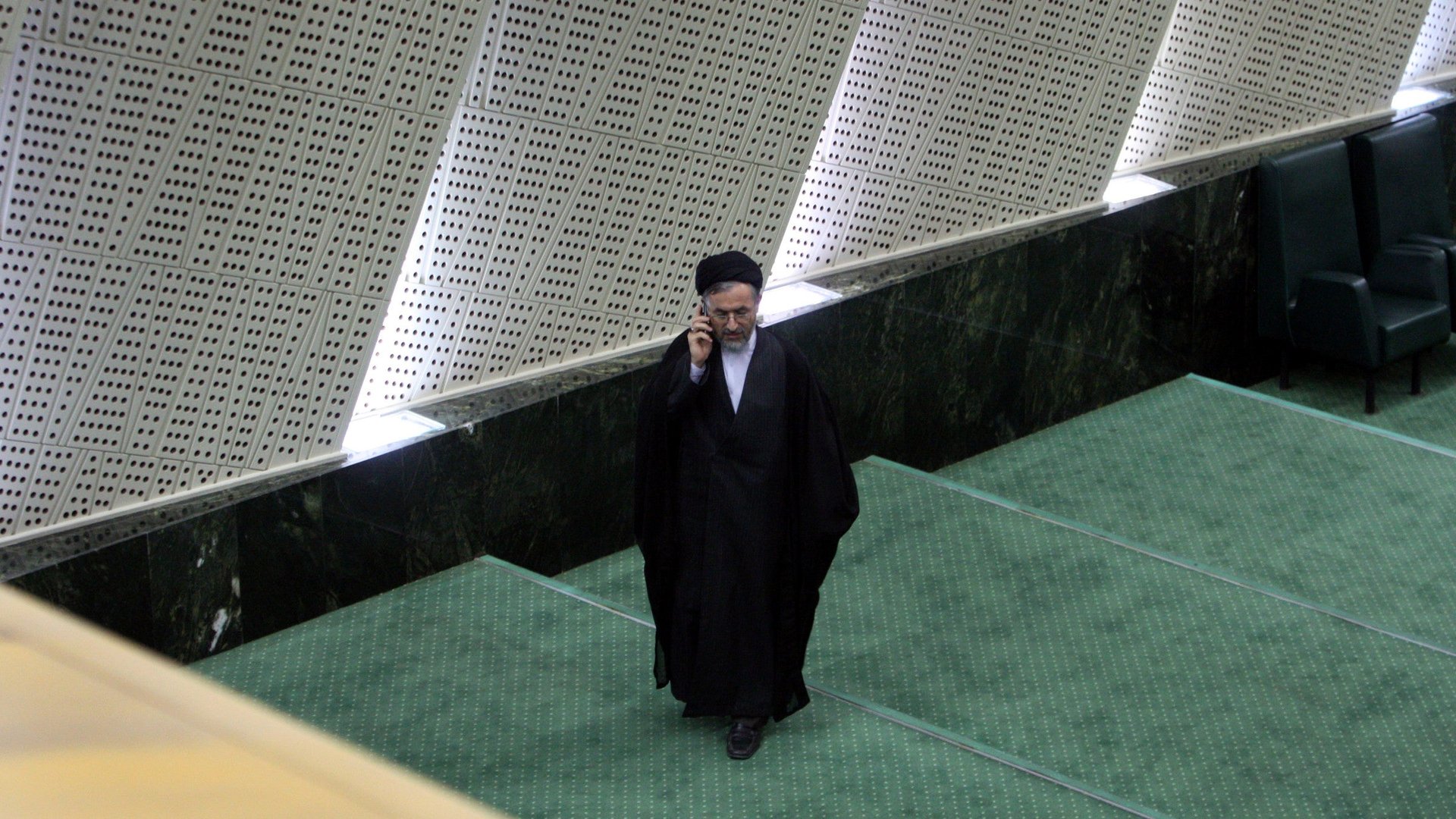Obama bets computers, sat phones and crypto software will make Iran’s elections more democratic
Some view the funneling of weapons to Syrian rebels as a check on Iran’s bad behavior. The Obama administration is skipping a proxy war of munitions and missiles in favor of a more devastating strike: sending iPads and anti-virus software directly to Tehran.


Some view the funneling of weapons to Syrian rebels as a check on Iran’s bad behavior. The Obama administration is skipping a proxy war of munitions and missiles in favor of a more devastating strike: sending iPads and anti-virus software directly to Tehran.
The US government did an abrupt about-face today, announcing that it would allow American companies to sell laptops, cell phones and software in Iran. The move is an attempt to ensure that Iranians have a chance to communicate among themselves—and with the world—before and after the country’s June 14th presidential election.
It’s not the first time the US has injected digital communications into a diplomatic dispute. During demonstrations disputing the outcome of Iran’s last election in 2009, the State Department asked Twitter to delay a scheduled maintenance downtime, so that the micro-blogging service used by the country’s “green movement” activists would remain functional. Lifting export restrictions is a more direct attempt to influence Iranian democracy.
Open technology advocates have argued that US sanctions make stifling public expression easier for Iran’s theocratic regime. The regime accomplishes this by slowing internet connections, banning websites and spying on its citizens’ communications. Among the products that the US will now allow in Iran: anti-virus and anti-malware software that could protect Iranians from surveillance, and tools for the creation of secure private networks.
Iranians can already purchase these many of these goods on the black market, but lifting the sanctions should make them cheaper and more widely available.
The election comes amid heightened tensions between Iran and the international community, which has shifted its focus from the country’s worrisome nuclear program and support for terrorism to Iran’s involvement in the Syrian civil war. (Iran has backed the Syrian government against a rebellion that began as pro-democracy protests, which is now a full-blown humanitarian disaster threatening to destabilize the region.)
Iran’s Supreme Leader, Ayatollah Ali Khameini, remains the country’s top authority. The candidates hoping to replace Mahmoud Ahmadinejad, the country’s controversial president since 2005, are regime loyalists. After the failed protests surrounding the 2009 election, which nearly resulted in a change in power, few expect a credible election this year. But lifting US sanctions could give Iranian citizens the tools they need to expose any election tampering. It wouldn’t be the first autocracy that new media helped to overturn.